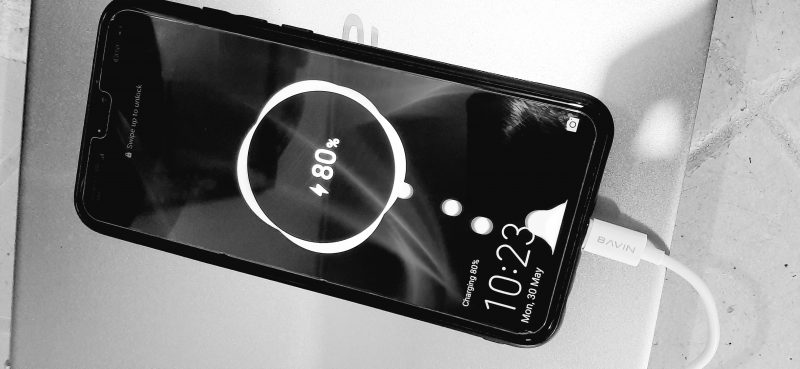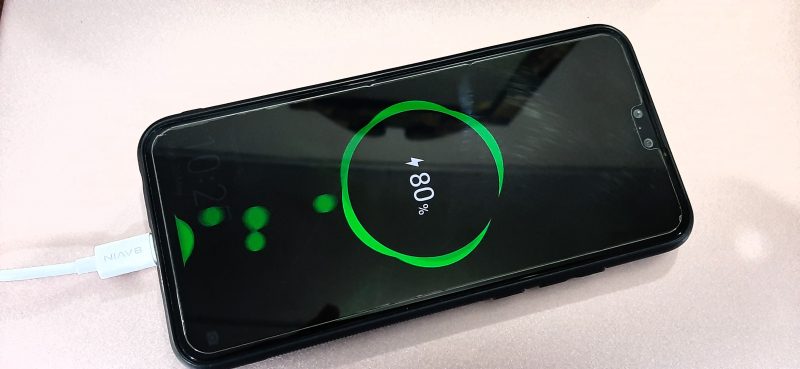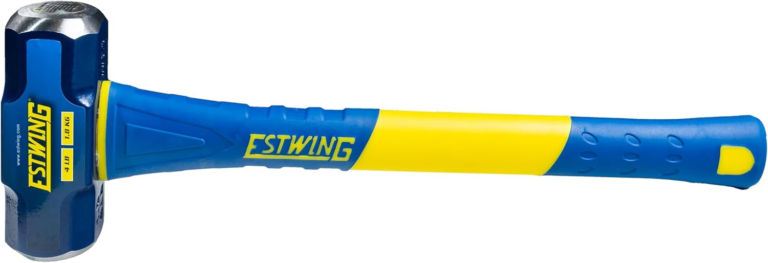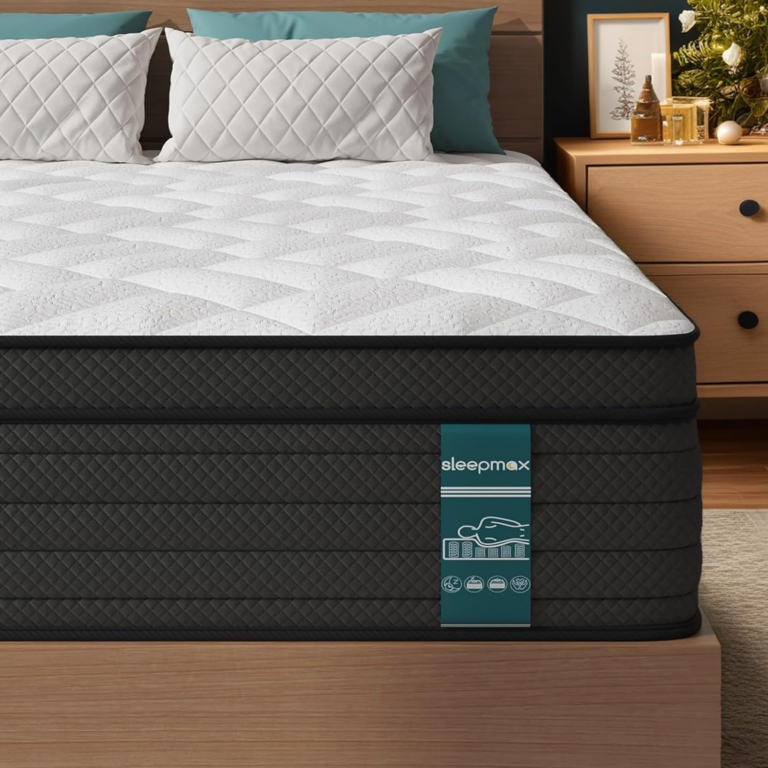Once a battery has completed 500 charge-discharge cycles, its performance should begin to deteriorate. When a battery is fully charged, it goes through a complete cycle. Furthermore, as you may be aware, charging your phone overnight can result in a full charge. This means that if you charge your phone every night, the battery’s performance will start to deteriorate after a few years. A battery’s performance also degrades with time as a result of knocks and other factors.

A lithium-ion (or li-ion) battery is used in cellular telephones. Standard rechargeable batteries take longer to charge than Li-ion batteries. That’s why you can connect your Android or iPhone phone to a charger and get it up to roughly 80% charge in a matter of minutes. However, since we all know, smartphone batteries don’t endure very long. We’re fortunate if we make it through the day without our phones running out of battery.
You’ve probably heard the cautions about not overcharging your smartphone. When your phone After it reaches 100 percent, make sure to unplug it from the power. Also, don’t leave it charging all night. Though not using the smartphone may appear to be advantageous,
What will happen if you charge your phone overnight?
Whenever it’s convenient, replenish the battery. Keep it above 20% (or higher) and avoid completely draining the battery unless calibration is required. Unplug when the battery level is between 80% (or lower) and 100%. Don’t leave your phone at 100% charge for too long. The longer you leave it discharged, the more stress it puts on the battery. In other words, periodically filling up lithium batteries extends their lives. In this aspect, doing a full discharge, or completely draining your battery, is perhaps the most unpleasant thing for the phone battery.
Most of us are guilty of it, that our smartphone left the phone charge overnight. It is maybe because of our hectic time, after from work we going late on our home and the phone nearly drains the battery, then we charge it suddenly to the charging outlet.
Generally speaking, you should avoid charging your phone overnight. Lithium-ion batteries are reactive by nature. As a result, devices can potentially overheat, particularly if left to fully charge the whole night. Although some may contend that smartphone batteries are safer, not all of them are. In reality, because of their batteries, cellphones, they recommend having a wireless charger, which skeptics claim is safer than traditional charging.
Cadex’s Bradshaw suggests waiting till your phone’s battery is nearly depleted at zero percent before charging it. As they advise, fully discharged batteries frequently wear out the batteries compared to partial charging. According to Bradshaw, they recommend waiting until your phone is down to about a 35 percent or 40 percent charge before plugging it into a charger. This will help to prolong the life of the battery’s performance. Keep your phone cold as well, as greater temperatures hasten the loss of battery capacity.
Most modern phones have a fast charging capacity, which means they can be fully charged to 100% in just an hour or two. It’s no longer useful to leave it plugged in. So, what happens if you leave your phone plugged in overnight, as most people apparently do? While rightly so, wireless charge actually generates more heat than using a lightning cable. This significantly increases the risk of your battery overheating.
Charging your iPhone overnight reduces battery life

Does charging your phone overnight harm your battery? Charging my iPhone overnight would overcharge the battery, which is false. All experts agree that smartphones are intelligent enough to avoid overloading the battery. Enhanced security chips ensure that this can not occur in a tablet, smartphone, or even a laptop.
When you go to bed, plug your phone in or lay it on the wireless charger. To avoid repeated trickle-charging, unplug it or reposition it if you wake up in the middle of the night. Alternatively, you can put your phone into a smart outlet that turns off on its own. Heat can be generated via trickle charging. Several specialists advise charging a phone overnight by removing its cover. However, even with a sophisticated protective case, this isn’t always possible.
Get a power bank instead
Have a power bank with you and charge your phone before or after bedtime. If you can’t find a power bank, consider packing your phone charger. You can charge in your car, office, public venues, and other locations. Quick charging times are, in actuality, beneficial to any lithium battery. These aid the battery in working better and lasting longer.
Phone and batteries doesn’t like heat
All of a smartphone’s internal components dislike heat. There’s a computer in there, and computers and hot air have long been in terrible contrast with each other. If you expose your black-screened smartphone in the sun, don’t be startled if it issues a reminder that it needs to cool down. Keep it under the cloth in that case. In the warmer months, keep it off the dashboard of your car, preferably in the shade.
Contrary to widespread perception, that they say you should not charge your Phone to 100 percent. Whereas this method used to work with older cells, it is no longer appropriate for lithium-ion batteries. You’d prefer to charge up to 60%. Ideally, keep your smartphone’s battery level between 80 and 30 percent.
Disconnect Bluetooth and Apps while in charging mode
Disable Bluetooth and Wi-Fi connectivity, especially if both your home and business have Wi-Fi. Furthermore, this quickly degrades the battery, resulting in more charge-discharge cycles and a shorter battery life. Turn off data and other working applications, or it’s better to put the phone in airplane mode before you charge it. Similarly, Bluetooth and some applications are another cause that can quickly deplete your battery.
When not in use, make sure to disconnect. You can also choose to have Bluetooth and Wi-Fi disabled automatically after a few minutes of operation. You can control your cellphone by speaking to apps like Siri and Google Assistant. The disadvantage? They deplete the battery by listening for voice commands all the time. As a result, you should either disable them or utilize them rarely.
Don’t let the phone get to 0% before you charge it.
With newer lithium-ion batteries, working a smartphone until it becomes empty before you change it is not the way to go. Don’t even let it get close to zero percent. A lithium-ion battery will degrade considerably faster as a result of this. The best option is partial discharge. Connect the phone before it prompts you to enter low-power mode; your phone will prompt you to do so when you reach 20% battery life.
Don’t fast charge if you’re intending to charge overnight. Slowly charge your device. That means you should use a lower-voltage charger. Cell phone batteries typically last 3 to 5 years, but this varies widely based on a variety of factors. The way you charge your battery has a big impact on how long it lasts. The more you charge the battery, the less capacity it has in the long run. A modern phone battery’s (lithium-ion) lifespan is typically 2–3 years, or roughly 300–500 charge cycles, according to manufacturer instructions. Following that, the battery capacity will reduce by about 20%.
Get a fast charging USB charger as well is a good idea, you can try this one from Amazon for just $11 USB C Charger, 25W PD Type C Fast Charger and 6FT USB C Compatible for Samsung and iPhone.





